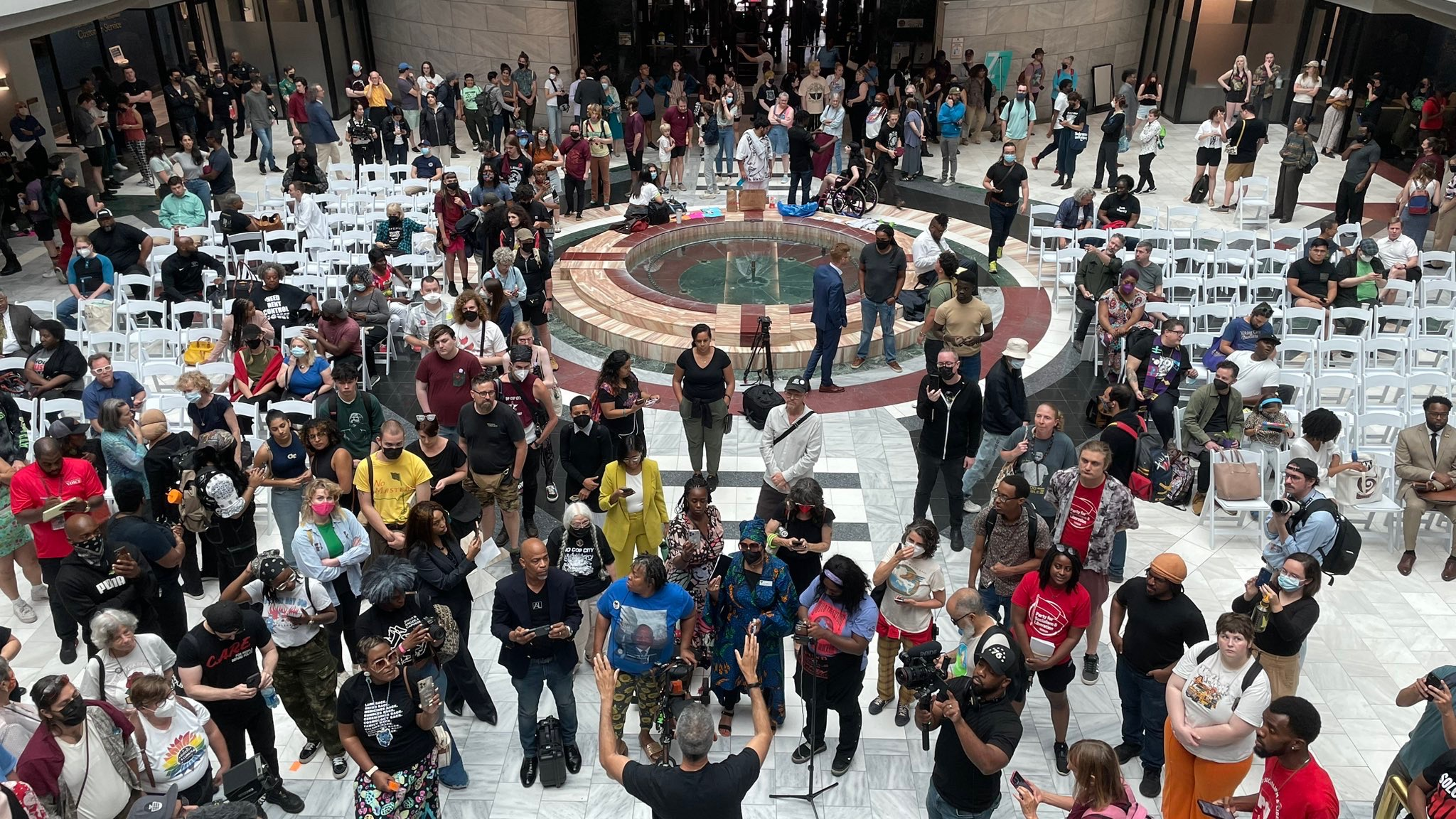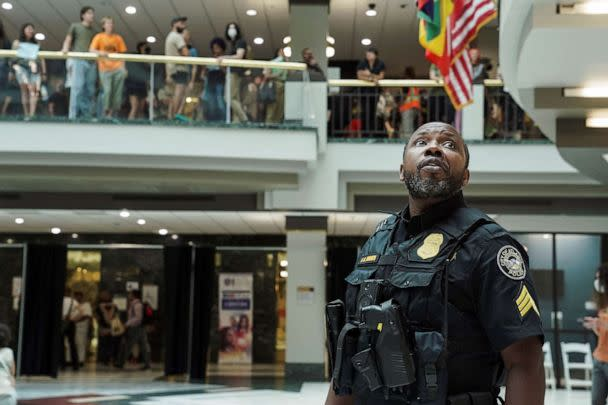The recent approval of $31 million in funding by the Atlanta City Council for the construction of "Cop City," an urban warfare training facility, has sparked widespread concern and opposition. Despite overwhelming public disapproval expressed during 15 hours of public comments, the council voted 11-4 in favor of the project.
Throughout the session, a remarkable gathering of over 1,000 people converged inside and outside Atlanta City Hall to voice their opposition to the controversial project. The majority of comments expressed deep concerns about the facility, highlighting the potential negative impact it could have on the community.
The Atlanta Police Foundation (APF), the organization leading the project, argues that the current training facilities fail to meet the needs of the Atlanta Police Department, justifying the necessity of "Cop City." However, the funding sources raise questions about the true cost to taxpayers. While the APF claims to raise the remaining $60 million from corporate and philanthropic sources, a report by the Atlanta-Journal Constitution suggests that taxpayers could end up shouldering the burden through decades of annual "lease-back" payments, amounting to approximately $67 million.

This decision comes in the wake of the highly publicized raid and arrests of three bail fund activists, who have been labeled as "domestic terrorists" by Georgia authorities. Such actions raise concerns about the targeting of anti-Cop City activists and the erosion of civil liberties.
It is noteworthy that during the lengthy public comment session, only four out of 242 comments expressed support for Cop City. However, the city of Atlanta's promotion on Twitter focused on two comments supporting the project, while omitting the overwhelming opposition from the public. This selective promotion raises doubts about the transparency and responsiveness of the city's decision-making process.
One crucial aspect that cannot be ignored is the environmental impact of clearing hundreds of acres of Atlanta's forest for the construction of this training facility. A member of the Indigenous Muscogee tribe rightly reminded the city council of their presence on Muscogee land and drew attention to the vital importance of natural resources. Without clean air, water, and sustenance, our survival as a community is jeopardized.
The decision by the Atlanta City Council to proceed with funding for "Cop City" disregards the concerns and opposition expressed by the public. It is imperative that the council reconsiders this decision, takes into account the environmental impact, listens to the voices of the community, and seeks alternative solutions that prioritize public welfare and address the underlying issues faced by the city. Genuine community engagement and respect for public opinion are fundamental to building a safer and more just Atlanta for all its residents.

